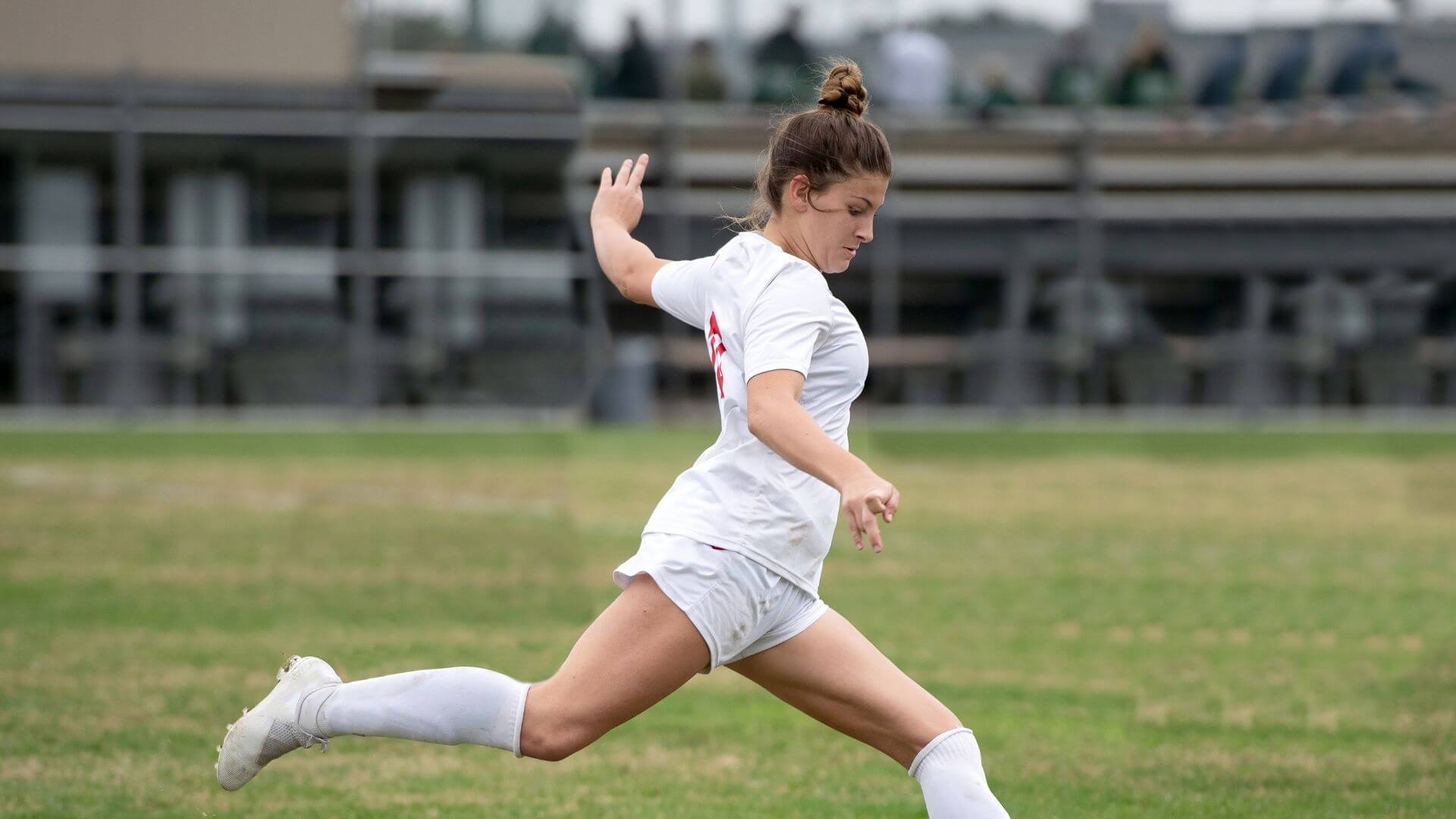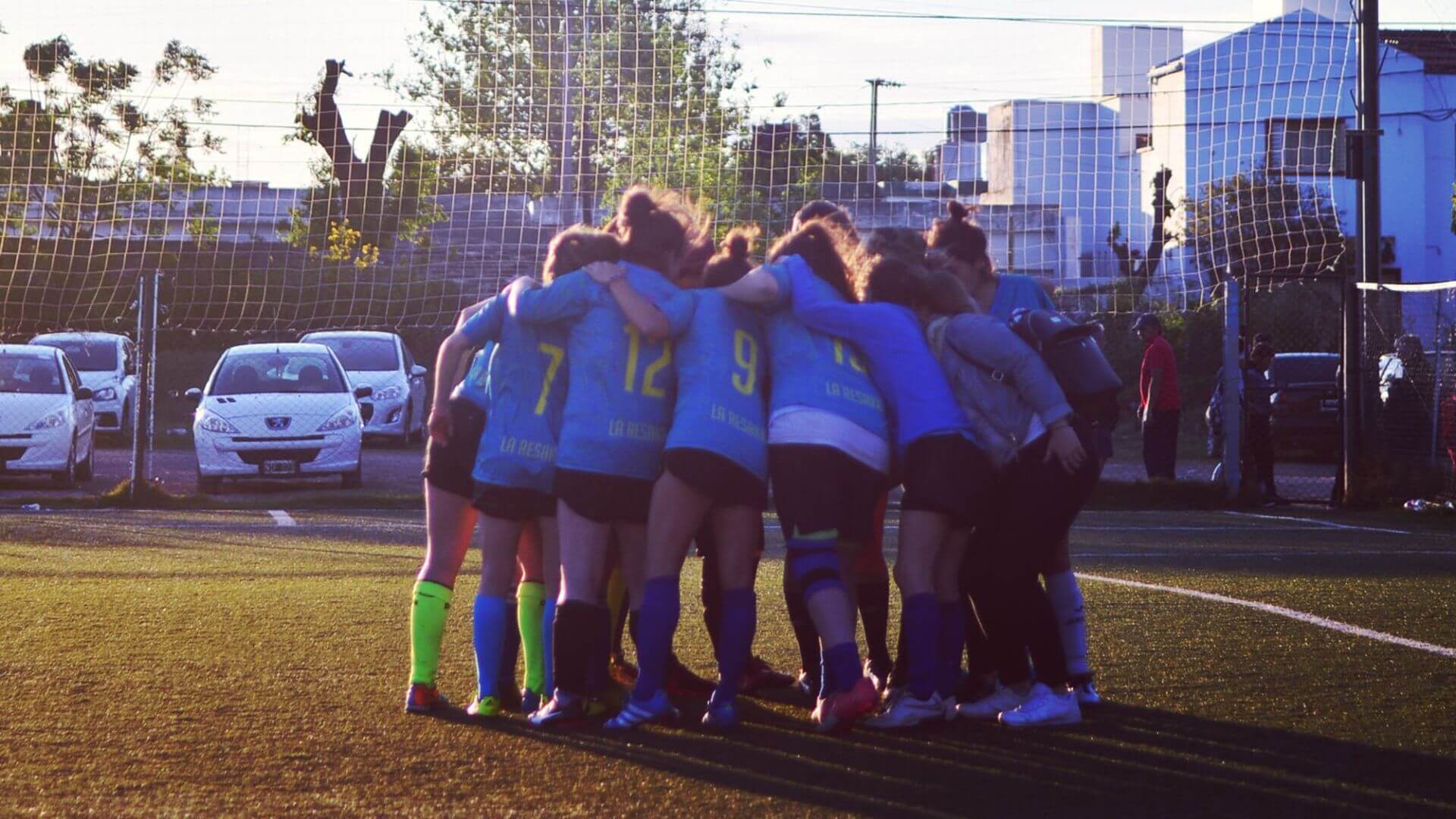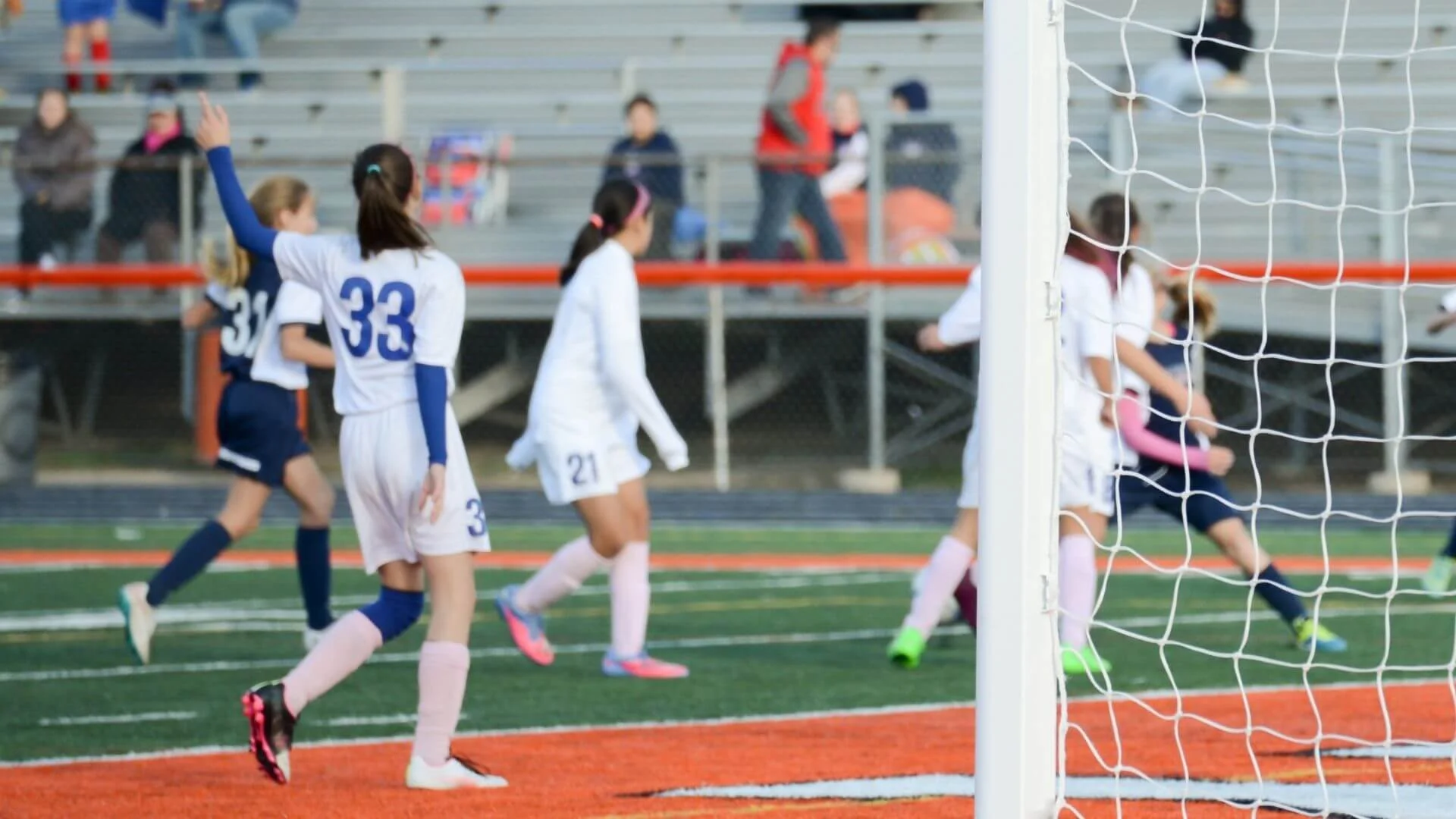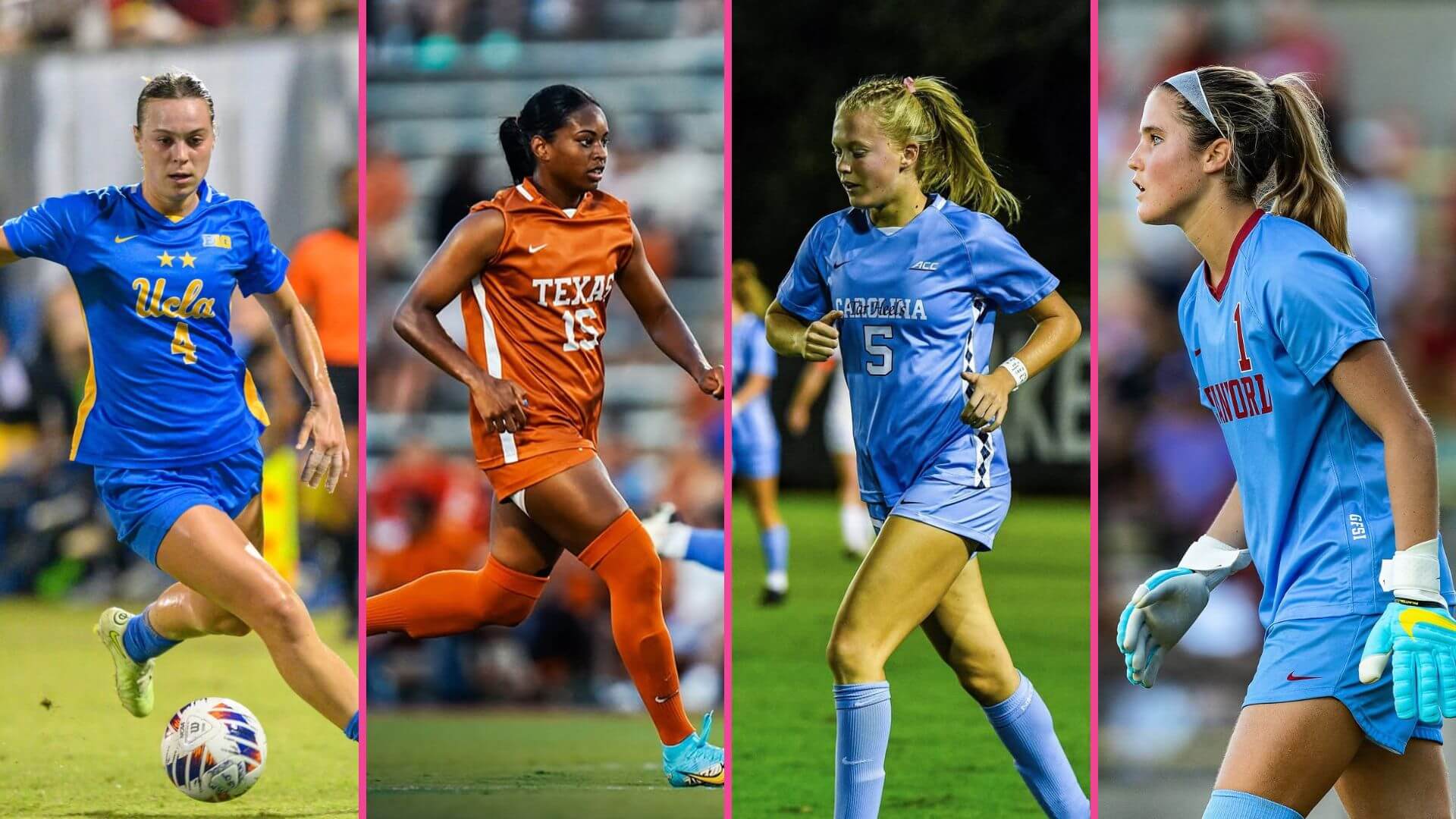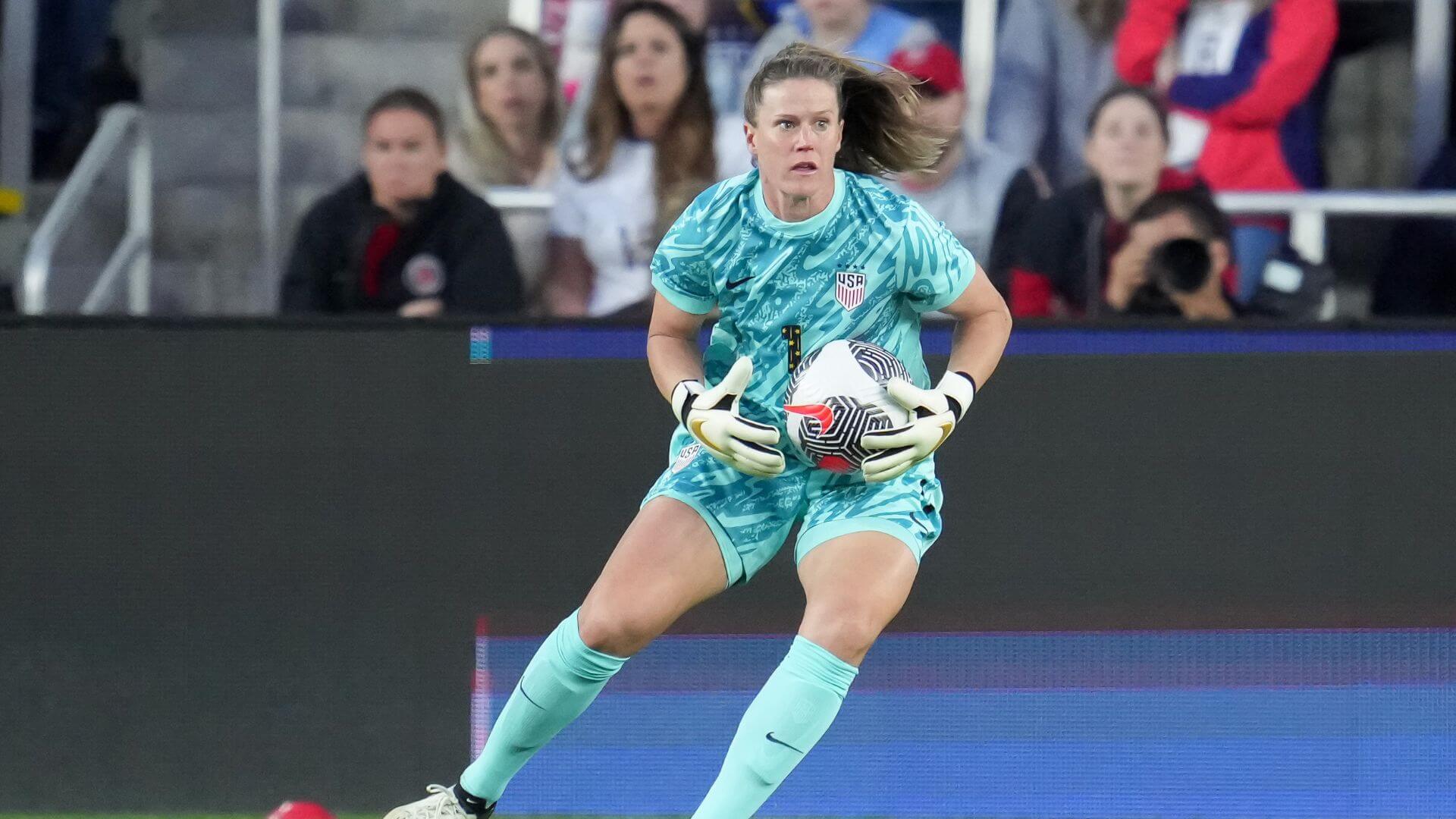Everything You Need to Know About College ID Camps
We’re coming up on summertime, which means it’s time to start making plans for the future. For our rising juniors in high school, it might be time to start shopping around for college ID camps. Easier said than done, right? But fear not, we are here to tell you everything you need to know about college ID camps. We’ll break down how to find one, how to stand out, and hopefully, a few things you hadn’t even thought of yet!
What is a College ID Camp?
First things first, what in the world is a college ID camp? Think of it as a pre-tryout. A college ID camp is a way for student-athletes considering taking their careers to the collegiate levels a chance to get in front of not just scouts but coaches. Enrolling in a college ID camp gives players the chance to practice and train alongside other hopefuls in a college setting. A college ID camp is a great way to get your name out to D1 coaches while you’re still playing in club and high school. Some might receive invitations for closed ID camps, and some colleges might offer a pay-to-play setting, it’s definitely worth checking which colleges have which option.
There are also plenty of third-party programs out there. These kinds of camps act as more of a combine, so you can show your stuff in front of multiple coaches and college programs rather than just one. Multi-camps are perfect for players who know they want to play college ball, but might not know just where they want to play.
How do I get in?
Even though college coaches can’t consider players until they’ve reached their junior year, we still recommend contacting them in advance! If you come from a smaller town or a smaller program and need a little extra help getting noticed, you have to advocate for yourself. Get in touch and let the coaching staff know you are interested in their team and ID camp when the time comes for you. You’ll get on their radar as a go-getter and get yourself a leg up on your collegiate search. There’s also a chance that schools will start reaching out to you based on your performance. You can either wait around for someone to tap you, or you can go out and find yourself a camp you’d like to attend.
You might have the opportunity to attend more than one, but there is also a financial element to consider. It’s more than likely that these camps will come with some kind of price tag, so consider them carefully. At the end of the day, the best way to get noticed is to put your best foot forward every time you step out onto that pitch.
How do I stand out?
Step one, always do your best. Even if you are having an off day, it’s important to show your potential new coach that you can shake it off, show up for the rest of your team, and be better the next day. It’s also important to ask questions, both about your game and the team you hope to join. The coach already knows you’re interested—you’re at the camp, after all—but you can punch that up by engaging with the coaching staff about what they’re looking for in players for upcoming seasons. This is a good way to learn more about the program and sell yourself as a great option.
At the end of it all, don’t forget or be afraid to ask for feedback. Show the people running the camp that you care enough about your game to want to improve. Asking for feedback will not only help you in the long run, but it will set you on a specific path to get on the team of your dreams. It also shows that you’re open to criticism and aren’t the kind of player who will just shut down when asked to push through. A quick “is there anything you saw that I can work on?” is a great way to present your character to a future coach.
What else should I consider?
We’ve already talked a bit about the price of these things, so we won’t go much further into that. Other than to say, you have the right to be selective. Don’t just jump at the very first option. It’s okay to look more broadly at the whole process.
Just the idea of playing college ball can be the most exciting thing in the world, but you have to consider the school too. Think about where you want to live, what you want to study, and the size of the school you want to go to. I know it’s hard to accept sometimes, but there’s more to life than soccer. Picking a college is one of the top things that will shape you as an adult, so consider carefully not only where you want to play but where you want to become the next version of yourself.
If you’re in doubt about what to do or where to go, just ask. You can reach out to the camp coordinators with your questions or ask your coach and teammates what they think about the whole thing. Odds are no one knows your game better than the people who have been coaching and playing with you for years so tap into those unique resources.
When you get to the camp, whether it’s a multi-camp with lots of coaches or a school-sponsored event, don’t let yourself be blinded by the opportunity. Maybe you’ve dreamed about playing for a team for your whole life, but the coach hosting the camp isn’t giving off the right vibe for you. Just like you have to pick the right school, you absolutely have to pick the right team. The team and staff, and environment that will help you be the best. It’s important to trust your gut in this and not merely get swept away by the prospect.
Whether college soccer is on your radar or not, these camps are amazing opportunities for improvement and growth. For a lot of players going to a college ID camp is a way to prove yourself, an opportunity to get in front of faces you might not have the chance to see otherwise. For others it is a way to help make a decision. Whatever your reason for finding a college ID camp, consider it all carefully and enjoy the chance to play more soccer!
Featured image via Adobe Stock Images
_
GIRLS SOCCER NETWORK: YOUR SOURCE FOR GIRLS SOCCER NEWS



